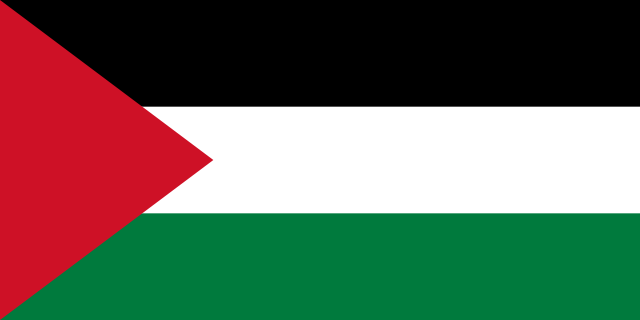Palestine
Palestine represents one of the most biodiversity rich regions in the world as it represents the meeting point of three continents and many biogeographical zones. Conservation of this biodiversity is among the high priorities of the Environment Quality Authority (EQA). Decades of Israeli occupation have led to environmental degradation and posed many challenges which adversely affecting our management of natural resources. The continued Israeli occupation of our lands has left us with many social, political, economical and environmental challenges with more pressures on the available limited resources for subsistence and survival. In addition, the already fragmented agricultural lands that our farmers are cultivating are degraded every day by toxic wastes and pollution dumped on Palestinian lands by illegal Israeli colonial settlements.
State of Palestine became an observer member state of the United Nations in November 2012, and as an emerging country, we are taking urgent steps to address our local environmental problems and conserve the biodiversity and natural resources. This brings with it a grave responsibility for stewardship over our biodiversity heritage and natural resources. Biodiversity Protection and preservation in the State of Palestine will have many environmental, health and economic benefits. EQA core mission is to promote sustainable environmental development via protecting the environment with all its elements and prevent the environmental pollution, hazards, threats and dangers facing life of all living organisms. Palestinians are committed to the preservation and sustainable use of State of Palestine’s rich heritage of biodiversity, land, water and marine natural resources, therefore, ratified the convention on biological diversity.
As a party to the Convention on Biological Diversity (CBD) since 2015, Palestine has been consistent in fulfilling obligations to report on national biodiversity strategies and actions. Palestine’s Sixth National Report to the CBD (6th NR) is the second national report on biodiversity and uses the comprehensive guidance and technical support formulated by CBD Secretariat to ensure high quality, data- driven and gender-inclusive reporting. Biodiversity and ecosystems whose natural processes are deeply inter-connected provide many services, resources and functions important for the livelihoods and human well-beings of the people, wildlife, economy, and mitigating climate hazards. While biodiversity provides fundamental goods and services upon which all life depends, it is particularly important to the most vulnerable groups of our society. The State of Palestine has developed a series of policies, strategies and action plans, aiming to conserve and sustain such biological resources.
It is worth recalling that our national biodiversity targets were adopted in line with the NBSAP which is now under the development and updating. Among the expected significant achievements, Palestine’s managed to establish its protected area (PA) system to make sure that our rich and unique ecosystems are used sustainably and conserved effectively for the present and future generations, The Sixth National Report also confirms that Palestine is on track to achieving many other targets, including, for instance, having in place the necessary legislations, policies and guidelines for the conservation of specific ecosystems; for the sustainable production and consumption. In developing the 6th NR, we also identified areas requiring additional efforts and commitments. Although some work is under way, developing the national Biosafety Framework and the National Strategy for Invasive Alien Species as well as expansion of both ex-situ and in-situ conservation of genetic resources.
